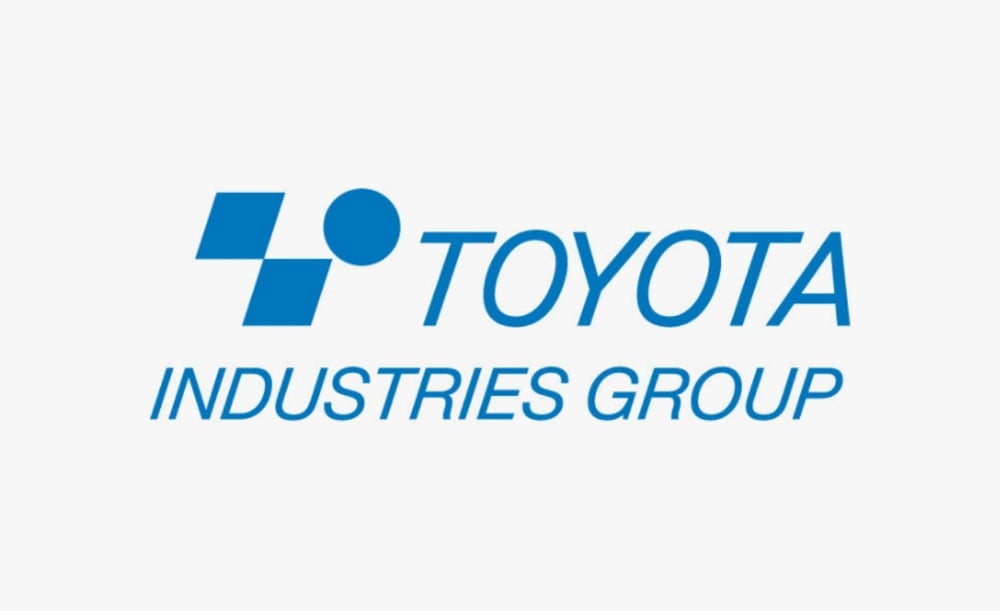Toyota Motor’s $42 Billion Acquisition of Toyota Industries Signals Major Strategic Shift
Toyota Motor Corporation $TM, the world’s leading car manufacturer, is set to acquire major auto parts supplier Toyota Industries Corporation $TYIDF in a deal valued at $42 billion. According to sources reported by Nikkei, the offer is expected to be formally accepted as soon as Tuesday, with other group affiliates participating in the buyout. The acquisition will transition Toyota Industries from public trading to private ownership, reinforcing Toyota’s grip on its supply ecosystem.
Strategic Motives Behind the Move
This dramatic consolidation effort emerges at a time of rapid technological disruption and growing geopolitical uncertainty across global automotive supply chains. Complete integration of Toyota Industries allows Toyota Motor to secure critical manufacturing know-how, strengthen logistics, and speed up innovation processes—a crucial advantage as the industry pivots toward electrification and automation.
Key Developments Leading to the Transaction
In April, Toyota Motor acknowledged ongoing discussions about participating in a potential buyout of Toyota Industries, emphasizing concerns over component supply stability amid intensifying global competition.
In May, Kyodo News revealed that Toyota Industries was preparing to accept the tender offer, indicating momentum within the Toyota Group towards privatization.
Nikkei’s latest reporting suggests a resolution is imminent, with formal approval from Toyota Industries expected to materialize within days.

Implications for the Toyota Group and Broader Industry
Privatizing Toyota Industries positions Toyota Motor to further streamline supply management and optimize research and production efficiency. By taking its key supplier private, Toyota gains increased agility to respond to regulatory changes, cost pressures, and consumer demands. This move could amplify the group’s capacity to bring next-generation vehicles to market faster and at more competitive costs.
Competitive and Market Dynamics
The acquisition sends a strong signal to the global automotive landscape. Rival manufacturers may seek similar strategies to integrate their value chains or protect vital suppliers. For capital markets, it is one of the largest M&A transactions in Japan, reflecting evolving priorities among legacy manufacturers facing transformative shifts toward zero-emission and connected vehicles.
Anticipated Aftereffects of the Transaction
Accelerated development and deployment of electric and hybrid technologies by Toyota Motor.
Enhanced resilience to external shocks, including supply disruptions and rising material costs.
Streamlined group structure, yielding lower overhead and improved group-wide synergies.
Possible impact on supplier relationships and M&A trends across Japan’s industrial sector.
This pending buyout underscores Toyota’s commitment to controlling its technological trajectory and preserving dominance as industry borders blur between traditional manufacturing and digital transformation. The move marks a pivotal moment for the entire Toyota Group, reinforcing its leadership at a time of sweeping industry change.















Comments